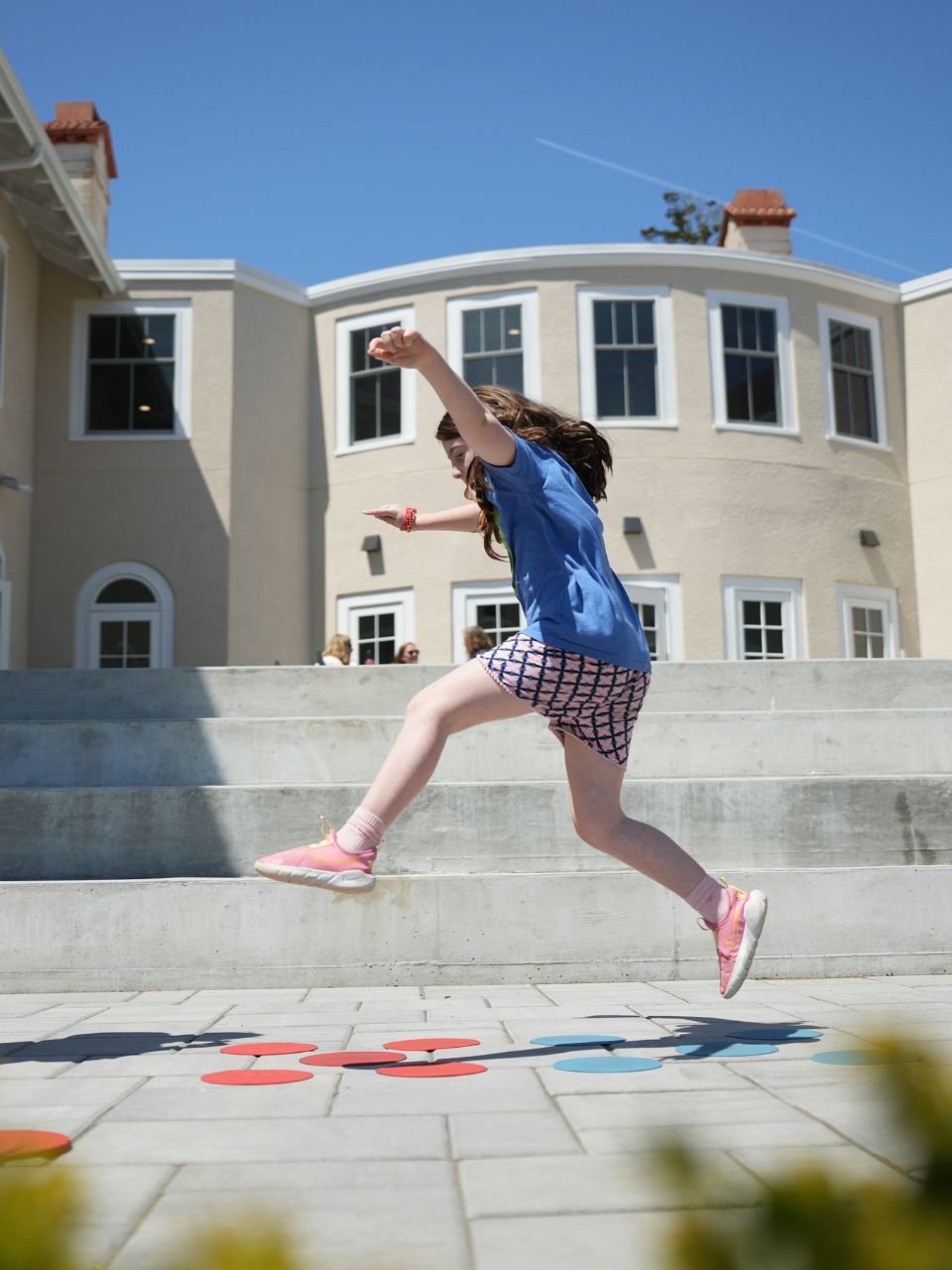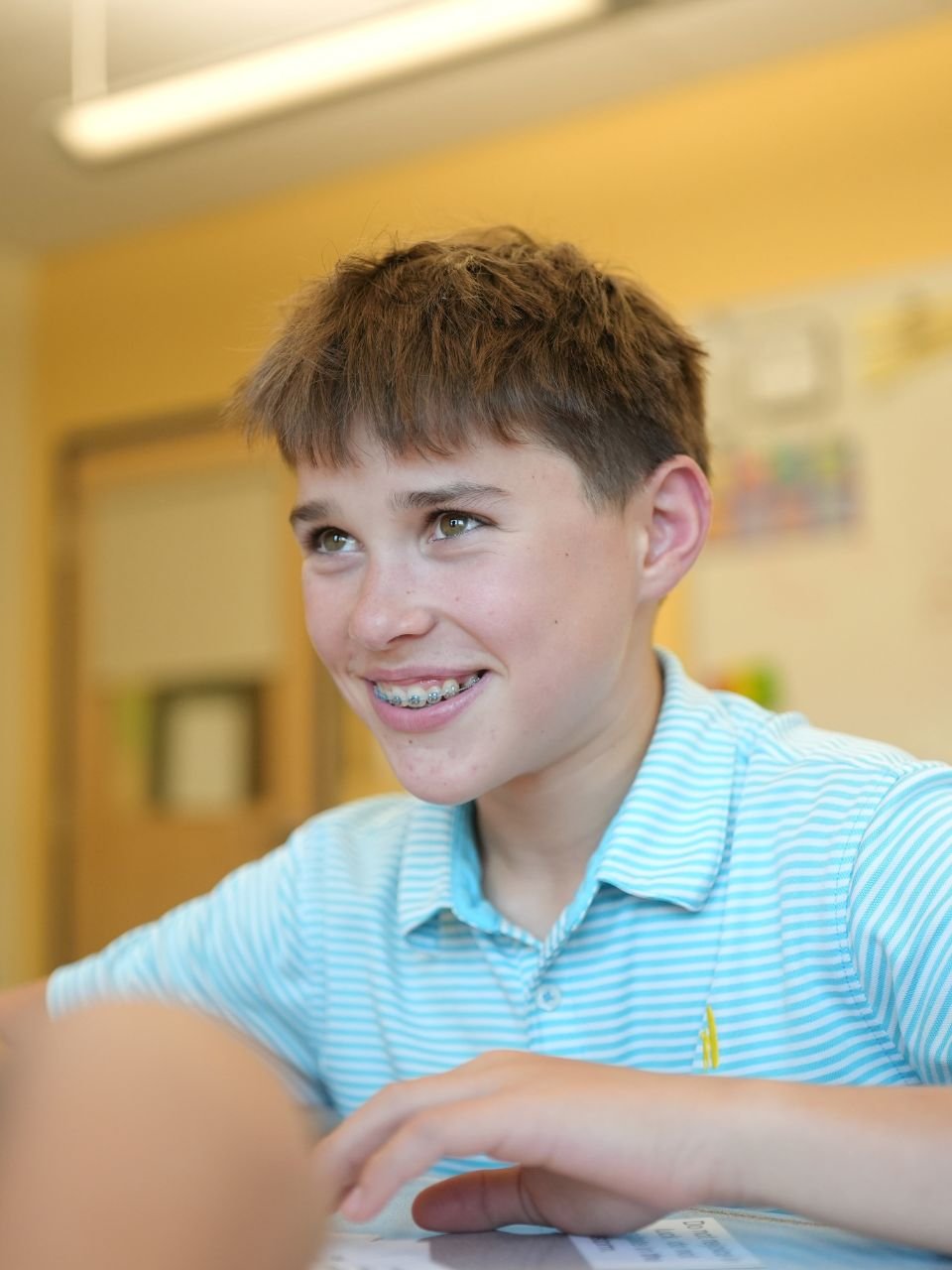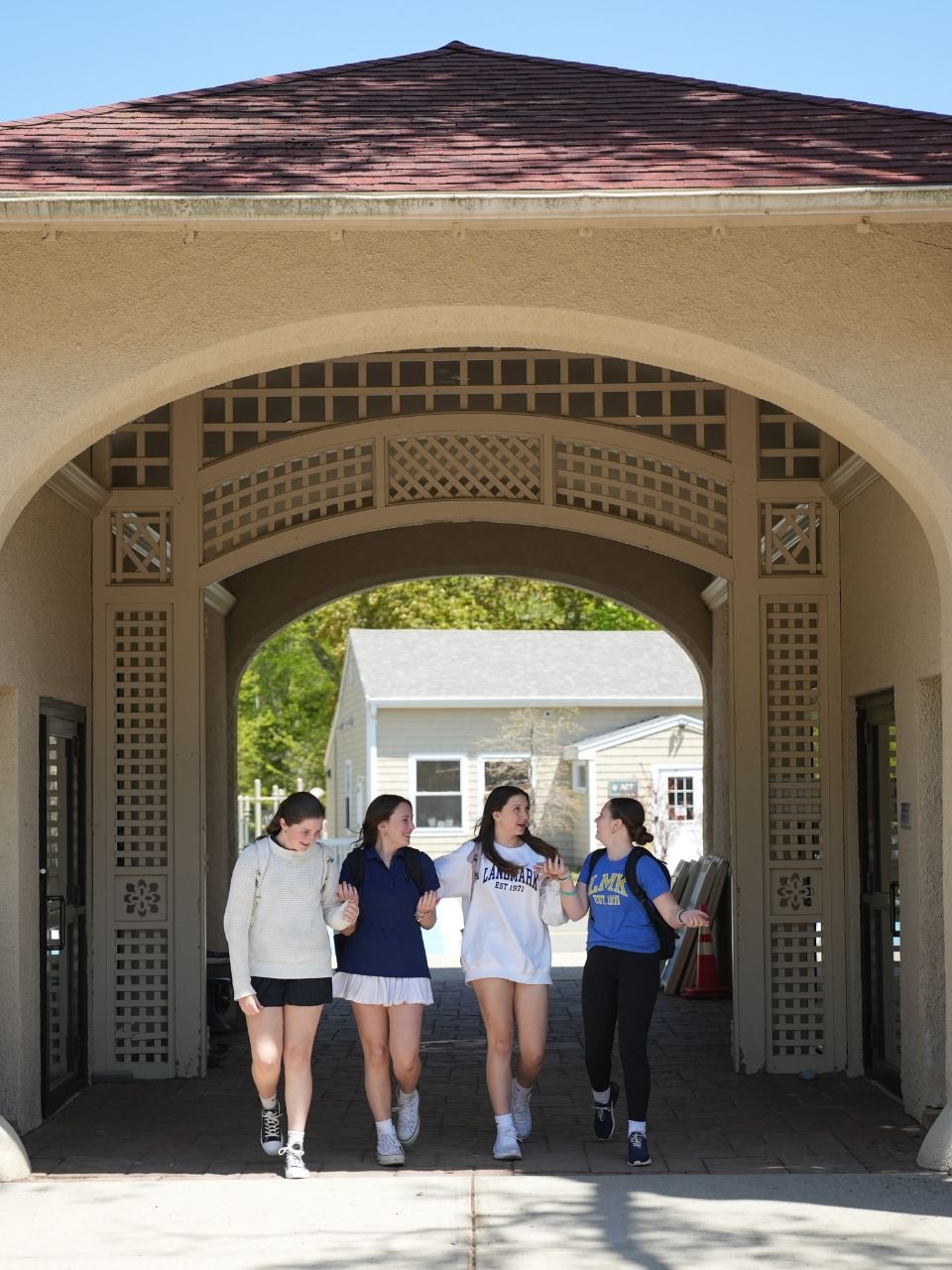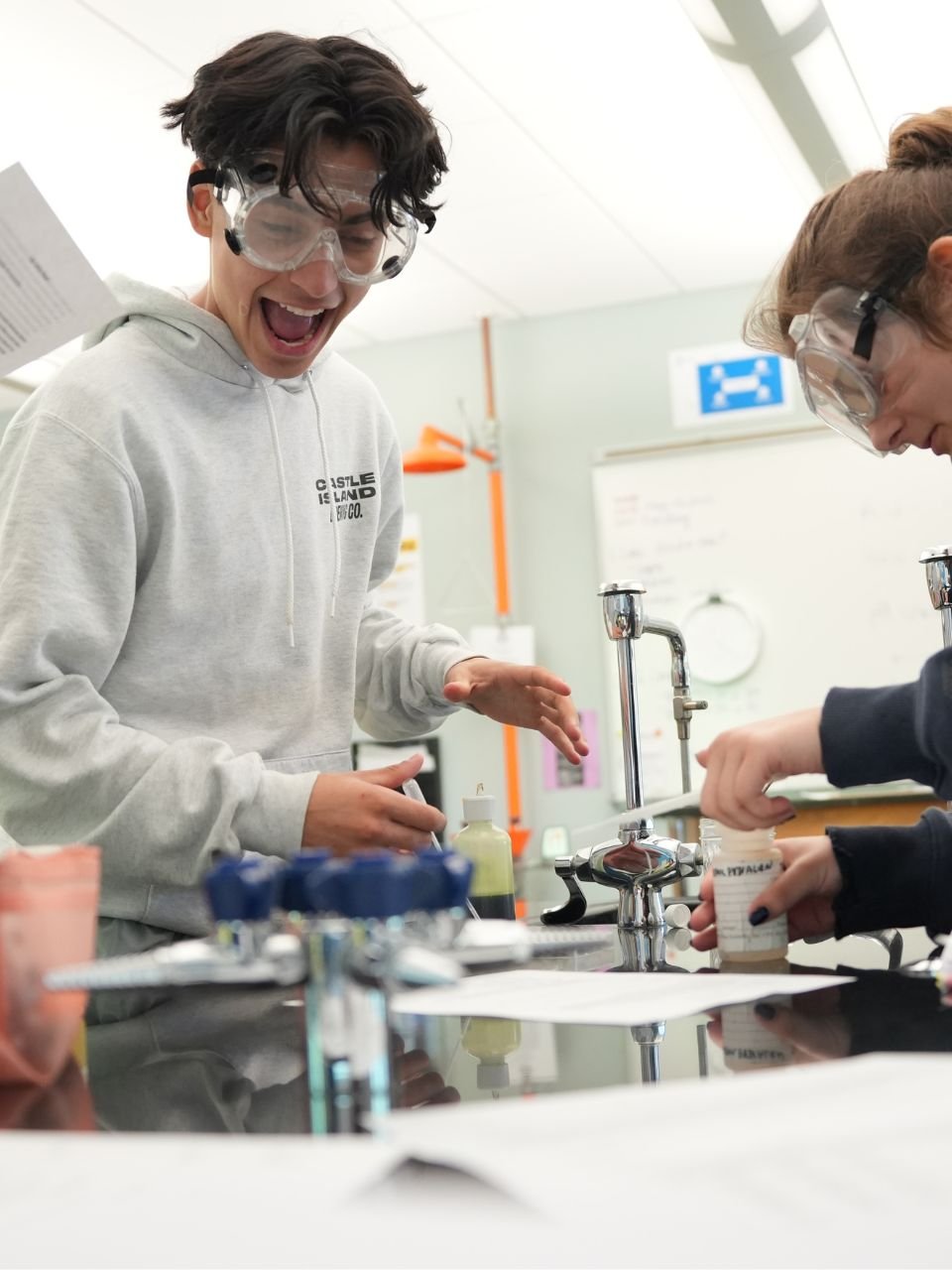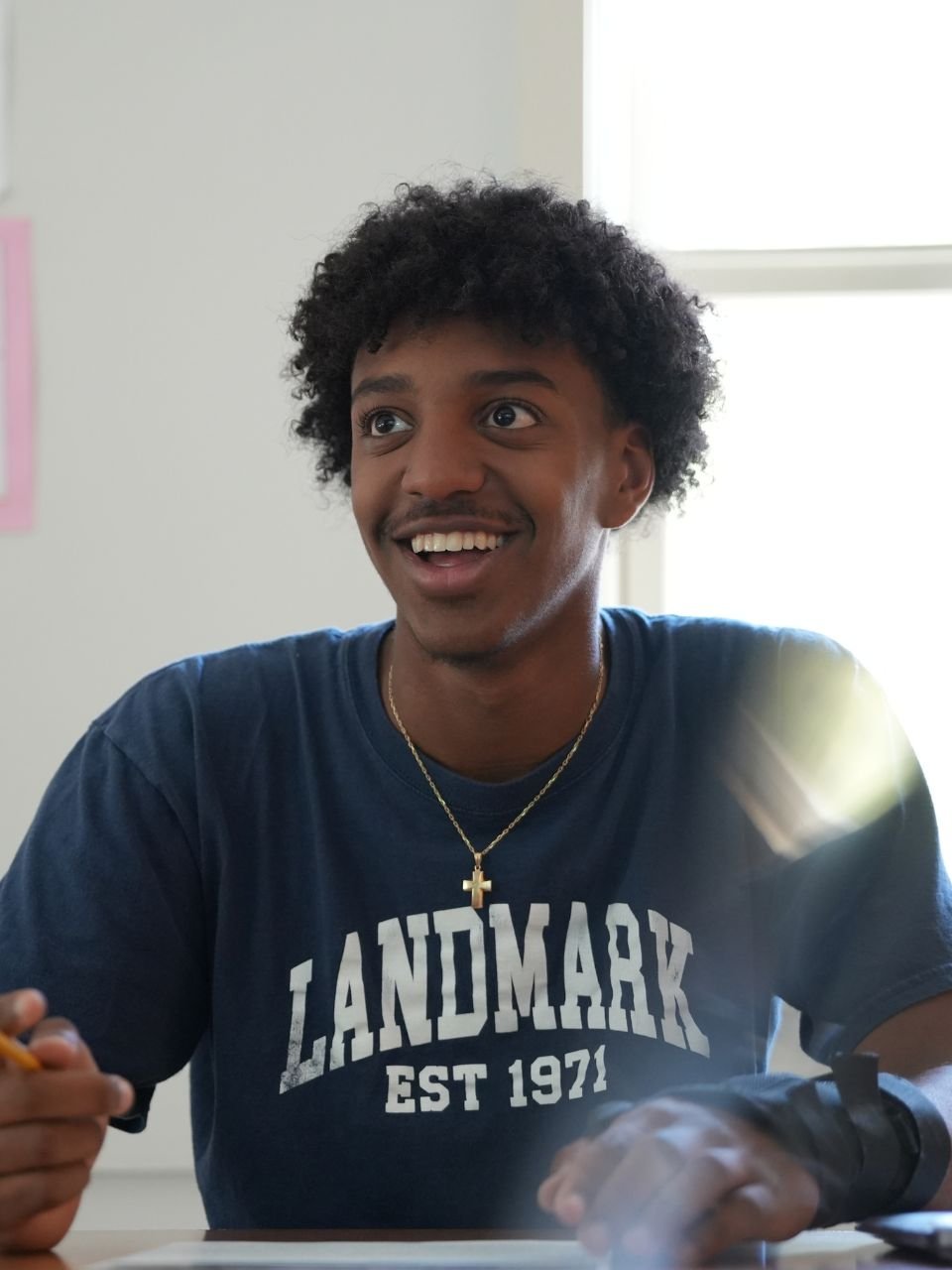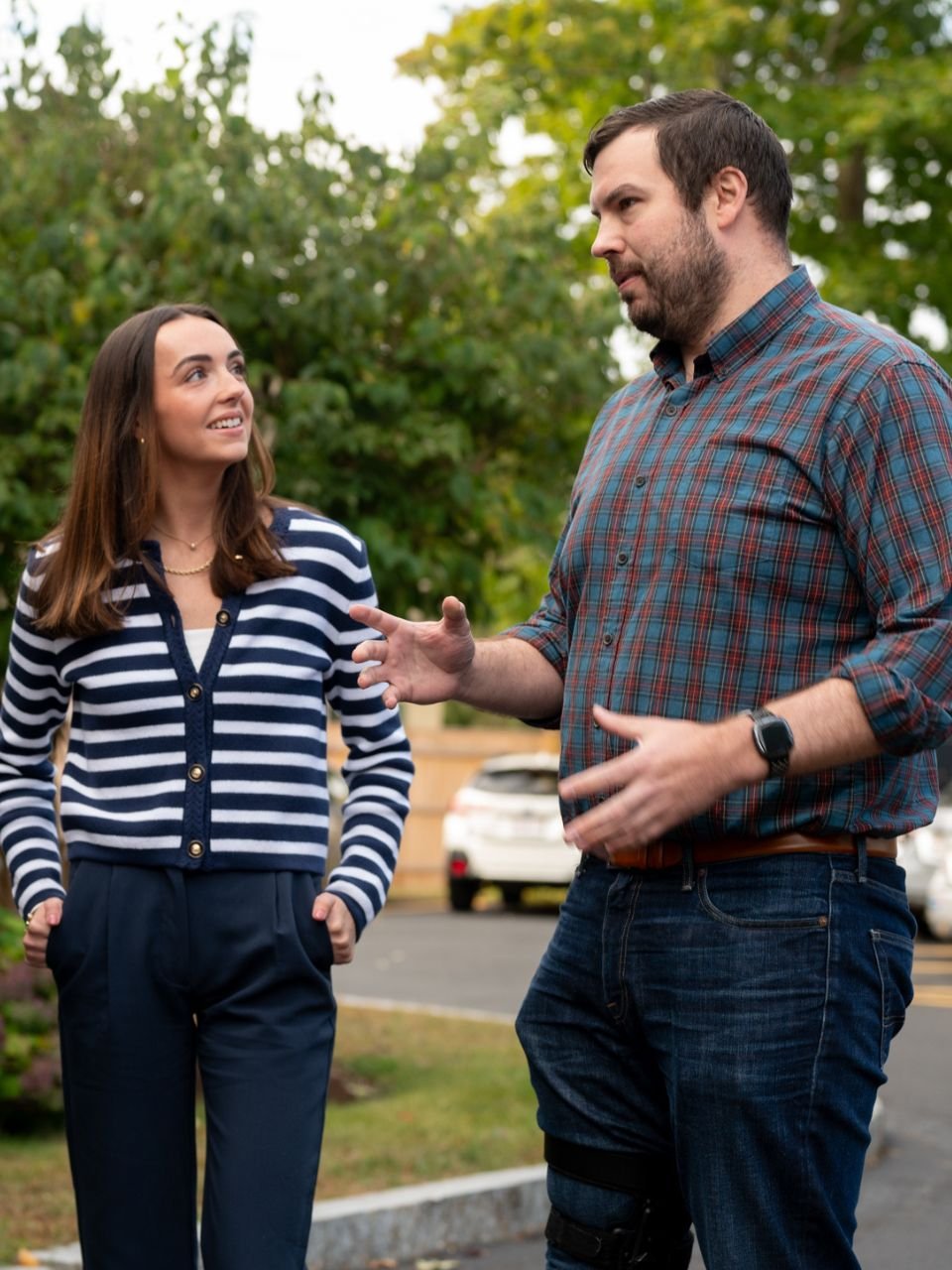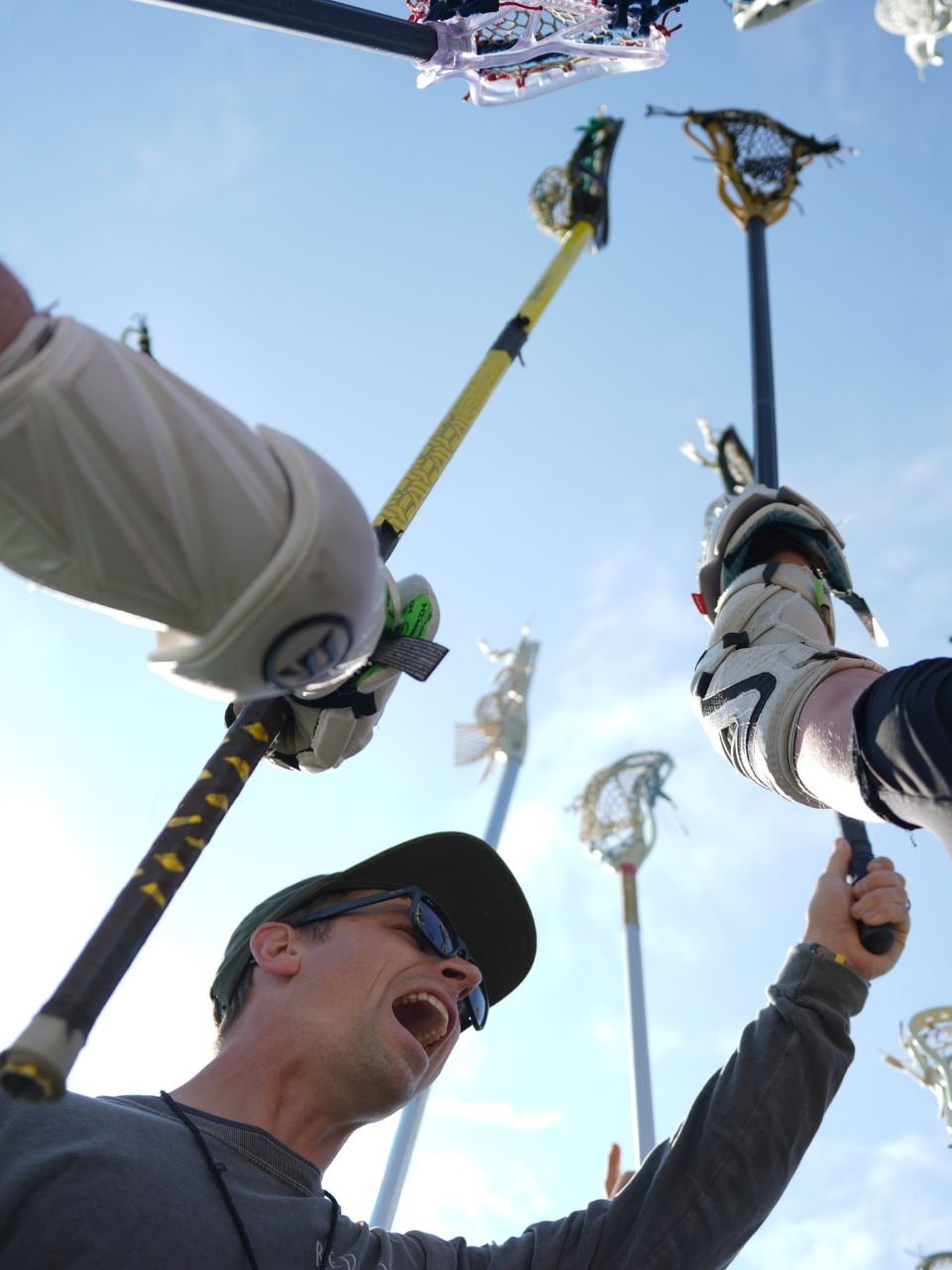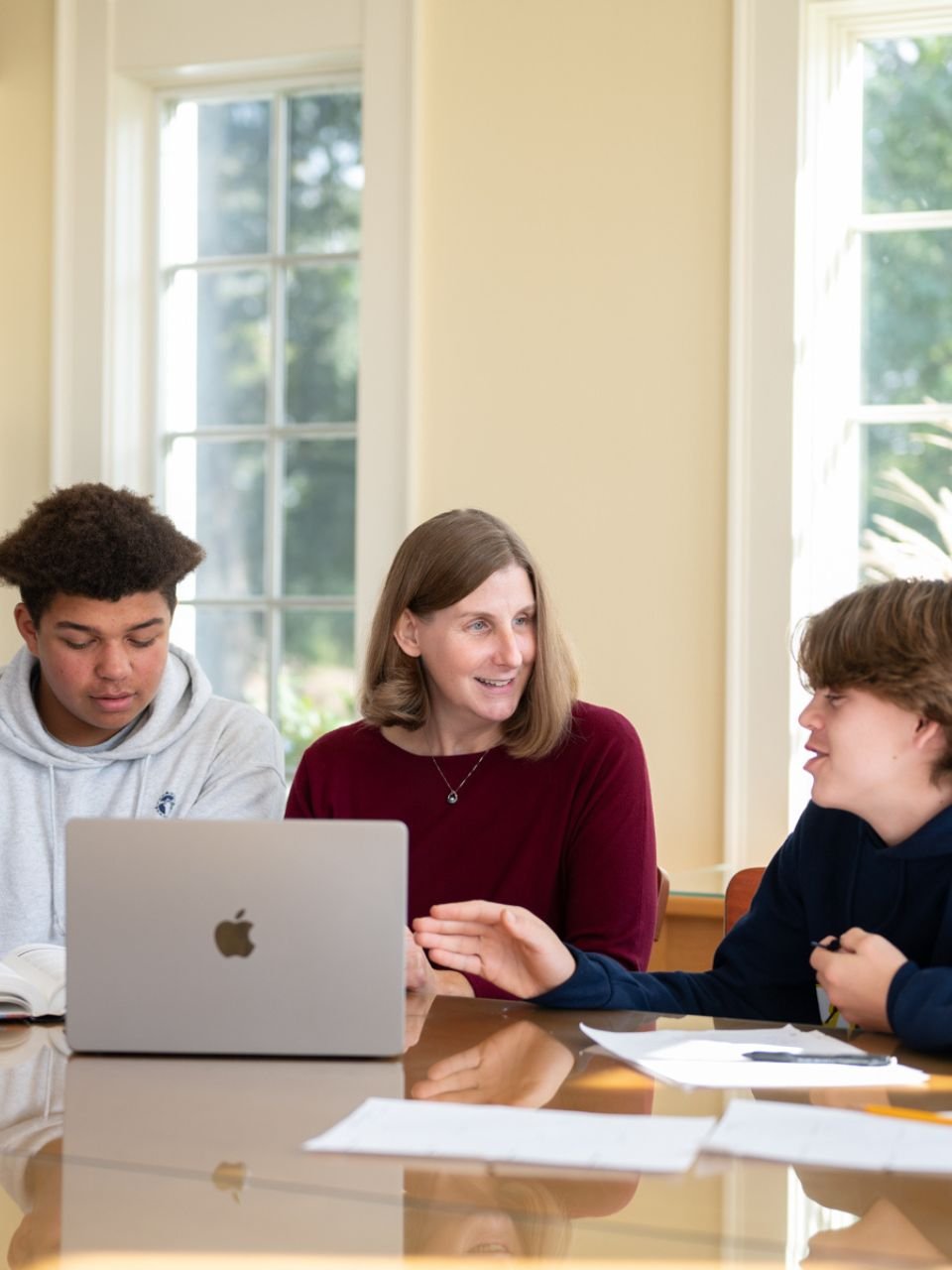- Our School
- Our Advantage
- Admission
- Elementary•Middle School
- High School
- Summer
- Giving
- Parent Resources
- For Educators
- Alumni
« Back
Language-Based Learning Disabilities on the Homefront
November 14th, 2017
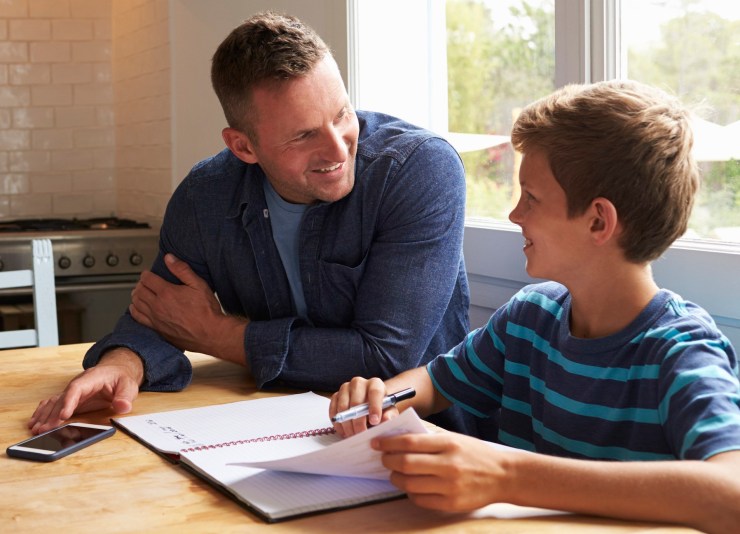
This is part five of the five-part series, What Is a Language-Based Learning Disability?
After I returned from the grocery store for the third time that day because I forgot another essential ingredient for dinner, Dylan laughed and exclaimed, “Mom, I think your executive functioning is not working.” I chuckled and responded, “Yes, I think you are right. I need a better strategy. I need a list!”
My husband, Bob, and I have a saying, “Know your brain and use your strategies for success.” The motto is especially applicable for our children who have Language-Based Learning Disabilities (LBLD).
Information Is Power
After two of our sons, Tristan and Dylan had cognitive evaluations, we shared some of their test scores with them so they could learn about their cognitive strengths and weaknesses. We believe information is power, and the more one knows about themselves, the more power they have to guide their life path.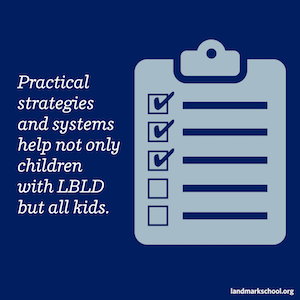
At our house, we use phrases like Language-Based Learning Disability, executive functioning, processing speed, social norms, dyslexia, learning differences, and expected and awkward behavior. These terms describe the different ways our brains are mapped, and they help our children understand their particular brains and the minds of others. We talk about learning differences, LBLD, and neurodiversity to promote understanding and empathy toward others and themselves.
Our mission as parents is to help our children develop into independent, confident, loving, and joyful adults. To guide them through the journey, we use practical strategies and systems to help them acquire the skills they need for a successful life. Practical strategies and systems can help not only children with LBLD but all kids.
Use Your Strategies
To help our children master tasks and skills at home, we use tactics similar to those applied in their classroom. For instance, at the beginning of the summer, I said to Dylan, “You need to go to tutoring at 1:00, but before you go you need to unload the dishwasher, fold the laundry, pick up your room, go for a bike ride, and read for 30 minutes.” My approach didn’t work for Dylan. Instead, Dylan remembered a strategy he learned at school and came to me with a written task list.
Every day, Dylan wrote his daily tasks list, and when he completed them, he did a preferred activity like watching TV or playing a video game. Dylan’s list worked for both of us. Did Dylan need practicing? Yes, of course, every day, but by the end of the summer he independently added new items to his list and required minimal prompting to complete the tasks.
We help and encourage each of our children to use strategies to master new skills and overcome executive function weaknesses. We emphasize that practice and repetition are the keys to success. We openly talk about how some people need to work harder than others or how it might take longer to develop skills.
What success looks like varies from child to child and task to task. We shy away from making excuses for our children or allowing them to give up. We just keep using our strategies to work toward our goals.
About the Author
Angela Gowans is Landmark Parents' Association co-president with her husband, Robert. Robert and Angela live in Montpelier, VT, and Beverly Farms, MA, with their children Tristan, Landmark student Dylan, and Liam. Angela is an educational advocate, family mediator, and writer.
What Is a Language-Based Learning Disability? Five Part Series
This is part five of the five-part series, WhatIs a Language-Based Learning Disability?
Part One:What We Know About LBLD and Learning, by Bob Broudo
Part Two:Language-Based Learning Disabilities: A Primer, by Melody O'Neil
Part Three: Help Your Struggling Learner: Remediation Is a Key to Success, by Christine Ozahowski
Part Four:It's a Myth That Young Children Cannot Be Screened for Dyslexia, by Nadine Gaab, PhD
Part Five: Language-Based Learning Disabilities on the Homefront, by Angela Timpone Gowans
![]() Landmark360.org's post by Bob Broudo about LBLD and Learning won a 2017 Gold InspirED School Marketers Brilliance Award in the national competition that recognizes excellence in private and independent school marketing and communications.
Landmark360.org's post by Bob Broudo about LBLD and Learning won a 2017 Gold InspirED School Marketers Brilliance Award in the national competition that recognizes excellence in private and independent school marketing and communications.
Posted in the category Learning Disabilities.





